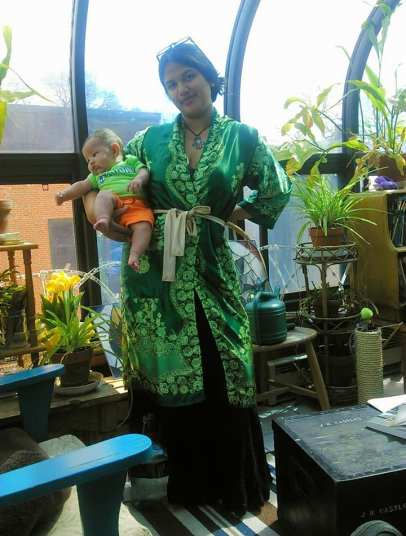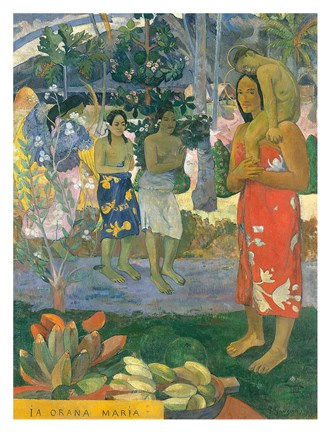Becoming a Mother in the New Era of America’s Migrant Camps
- Nasreen Khan

- Sep 18, 2018
- 2 min read
Updated: Apr 24, 2020
Motherhood and migrant-hood meld together into parenting and questions of privilege.
.
"Before I got pregnant, I had always thought that I would be the sort of mother who talks to her unborn child. But in practice, I found speaking aloud difficult."
The first time I really “felt like a mother”, whatever that means, I was about 6 months pregnant with my son—sitting in our New Jersey sun room surrounded by books and plants, listening to an NPR radio broadcast about Syrian refugee mothers and children washing up on Turkish shores. The piece had recordings of children screaming in fear as waves crashed on the shore behind them. I remember holding our big, fluffy black cat, and letting my tears flow into his fur.

Before I got pregnant, I had always thought that I would be the sort of mother who talks to her unborn child. But in practice, I found speaking aloud difficult. Hearing the radio prompted me to talk to my son. I told him how glad I was that he was being born here, in this place, to parents with academic jobs and access to health insurance. I told him how guilty I felt that there was nothing special about me, yet my child would have relative safety and security. What set me and my motherhood apart from thousands of women fleeing war and oppression? Nothing except chance.
The birth of my son was traumatic and ended in an emergency c-section that saved both our lives. In many ways I felt like this physical trauma mirrored the global trauma of migrant mothers and children who are in a very different place than I. Becoming a mother in the era of the migrant camps is an exercise is guilt and abjection. My child knows I am going through the immigration process. He also hears the kids at his low-income very diverse daycare talk about the adult dinner table conversations they hear, and now he is afraid that police will come take his mommy. He is afraid to go to kindergarten because he is convinced that there are cages there “for the naughty kids, then the parents have to pay to get them out”. These are not things that I should have to be talking to my child about. We are raising a generation that was born into an atmosphere of trauma. An atmosphere that upholds familial bonds in certain groups of people and invalidates them in others. This is a moral wrong that devalues the societal bonds that we depend on as a national and international community. We cannot delude ourselves into thinking that we maintain the integrity of our own familial relationships if we refuse to advocate for the sanctity of those same vulnerable relationships at the borders.
I, and mothers like me need to be in solidarity with the mothers who are crossing borders, and being separated from their children in the pursuit of safety. We need to stand in solidarity so that our children can become parents in a completely different environment—one that upholds the sacred bonds of love and doesn’t seek to rip them apart.

Comments